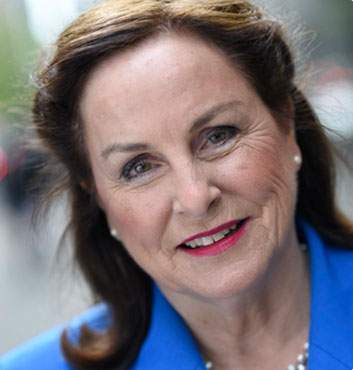Maia Szalavitz, a contributing “Opinion Writer” of The New York Times, on July 10, 2022, hammered the point home that if you help your addicted child recover, you are called “codependent,” an “enabler.”
I, like other parents, had heard in so many rehab “Family Weeks” a similar message that your child has to hit “rock bottom.” But so many “rock bottoms” have resulted in death.
Enabling, as Ms. Szalavitz, author of Undoing Drugs: The Untold Story of Harm Reduction and The Future of Addiction, and a former opioid abuser, wrote that despite the popularity of Melody Beattie’s book Codependent No More; How to Stop Controlling Others and Start Caring for Yourself (1986), the diagnosis of codependence was rejected by the psychiatric Diagnoses of Manual Health Disorders. It no longer labels addiction as “dependence.”
Just as Twelve Step Programs espouse “tough love,” parents are made to feel guilty if they don’t subscribe to this theory, especially, if you believe, as I do, that addiction is a chronic, often relapsing, disease,
Parents are in a quandary if they don’t help. They are taught to protect and nurture from birth. To “tough love,” is the antithesis of what we feel emotionally or intellectually. You have to be taught to unlearn your maternal instincts to jump in and save your child. Even then, you’re not certain that you have done the right thing.
When our son was living comfortably with us after a stint in rehab, I found drugs in his room. Not willing to tolerate illicit drug usage in our home, I kicked him out, but not “to the curb,” but to Howard Johnson’s motel in the same town.
I was proud of myself that my husband and I had set boundaries. I did not want him to sleep on a park bench or in a doorway although we expelled him. Was this “tough love?”
I don’t think so. He had a roof over his head, some unused restaurant gift certificates so he could eat. I drove him to his scheduled therapy appointment. He stayed at Howard Johnson’s until I could get a bed at another rehab place.
The decision was middle ground, a compromise. It was not ignoring the problem, it was taking a stand, but in the days ahead, it was relying on others to “fix” the problem because I hadn’t learned yet that you can set boundaries, but you can’t really “fix” the problem.
The one with the substance abuse disorder is the one who has to fix the disease. In a television interview, I once saw now-sober actor Rob Lowe who had substance abuse disorder for years say “you don’t get sober for your boss, your wife, you get sober when you’re done.”

Wesley Cullen Davidson
Wesley Cullen Davidson is an award-winning freelance writer and journalist specializing in parenting. Currently, she is targeting her writing about recovery to parents whose children have substance abuse disorders.
As always…❤️ Especially tough idea that “unlearning” maternal behavior is necessary. Applies to relationships with allll adult
Children?
Yes, but more so with those with substance abuse disorders. They require more set boundaries.